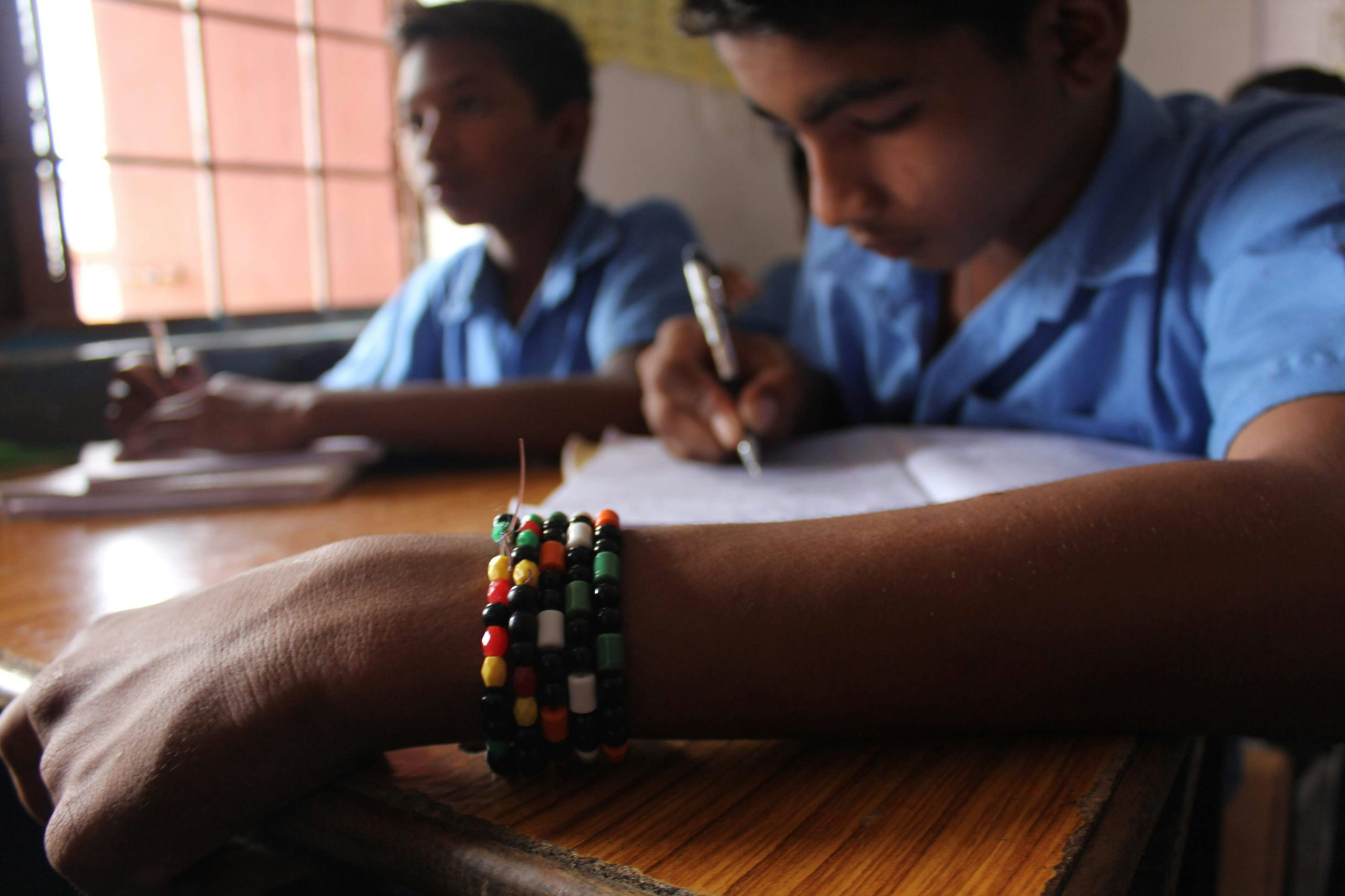Innovative Ways to Support Struggling Middle Schoolers
Middle school can be a tough time for many students as they navigate through the challenges of academic, social, and emotional development. As educators, parents, and caregivers, it is important to provide support and resources for struggling middle schoolers to help them thrive in and out of the classroom. In this article, we will explore innovative ways to support struggling middle schoolers and help them reach their full potential.
1. Personalized Learning Plans
One-size-fits-all teaching methods may not be effective for all students, especially those who are struggling in middle school. This is where personalized learning plans can make a big difference. By creating individualized plans, educators can identify a student’s strengths and weaknesses and tailor instruction to meet their specific needs.
A personalized learning plan can include accommodations such as extended time on assignments, opportunities for extra help, and alternative ways of demonstrating understanding. This can help struggling students feel more confident and motivated to learn.
Advantages of Personalized Learning Plans
Personalized learning plans have numerous advantages, including increased student engagement, improved academic performance, and a better understanding of individual learning styles. These plans also promote self-directed learning and allow students to take ownership of their education.
By incorporating technology and various teaching methods, personalized learning plans can make the learning experience more engaging for students who may have struggled with traditional instructional approaches.
2. Mentorship Programs
Having a mentor can have a significant impact on a struggling middle schooler’s academic and social success. Mentorship programs can pair students with an adult or older student who can serve as a positive role model and provide guidance and support.
Mentors can help struggling students build confidence, set goals, and develop important life skills. They can also provide a safe and non-judgmental space for students to share their concerns and seek advice.
The Role of Mentors
Mentors can play a critical role in a middle schooler’s life as they provide support and encouragement during a vulnerable time. They can also help connect students with resources and opportunities outside of school, such as tutoring programs or extracurricular activities.
By building a positive and supportive relationship with a mentor, struggling students can feel less alone and more empowered to overcome challenges.
3. Social-Emotional Learning Programs
Middle schoolers face a wide range of emotions and social pressures, and for struggling students, this can be even more overwhelming. Social-emotional learning (SEL) programs focus on developing important skills such as self-awareness, self-management, empathy, and decision-making.
SEL programs can help struggling middle schoolers better understand and regulate their emotions, build positive relationships, and make responsible choices. This can lead to improved behavior and academic success.
Benefits of SEL Programs
Research has shown that students who participate in SEL programs experience decreased emotional distress, improved social skills, and increased academic achievement. By supporting the social and emotional well-being of struggling middle schoolers, these programs can help them thrive both in and out of the classroom.
4. Flexible Grading Systems
Traditional grading systems can be discouraging for struggling middle schoolers as they may not accurately reflect a student’s understanding and progress. Implementing a flexible grading system, such as standards-based grading, can provide struggling students with a more accurate assessment of their learning.
With a flexible grading system, students are assessed on specific learning objectives rather than overall grades. This allows struggling students to focus on their areas of weakness and see improvement over time, boosting their confidence and motivation to continue learning.
Why Flexible Grading Works
By shifting the focus from grades to learning, flexible grading systems promote a growth mindset and encourage students to view mistakes as opportunities for growth. This can help struggling middle schoolers develop a positive attitude towards learning and build important skills such as perseverance and resilience.
5. Parent and Community Involvement
The involvement of parents and the community is crucial in supporting struggling middle schoolers. When parents are actively engaged in their child’s education, students are more likely to succeed academically and socially.
Community involvement, such as volunteer opportunities or mentorship programs, can also provide struggling students with additional support and resources outside of school.
The Power of Collaboration
Collaboration between parents, educators, and the community can create a strong support system for struggling middle schoolers. By working together, teachers and parents can identify and address a student’s needs early on and provide the necessary support to help them thrive.
In conclusion, struggling middle schoolers need support and resources to help them navigate the challenges of adolescence and reach their full potential. By implementing personalized learning plans, mentorship programs, SEL programs, flexible grading systems, and promoting collaboration among parents and the community, we can ensure that all students receive the support they need to succeed. Let’s continue to explore innovative ways to support struggling middle schoolers and help them thrive in school and beyond.










